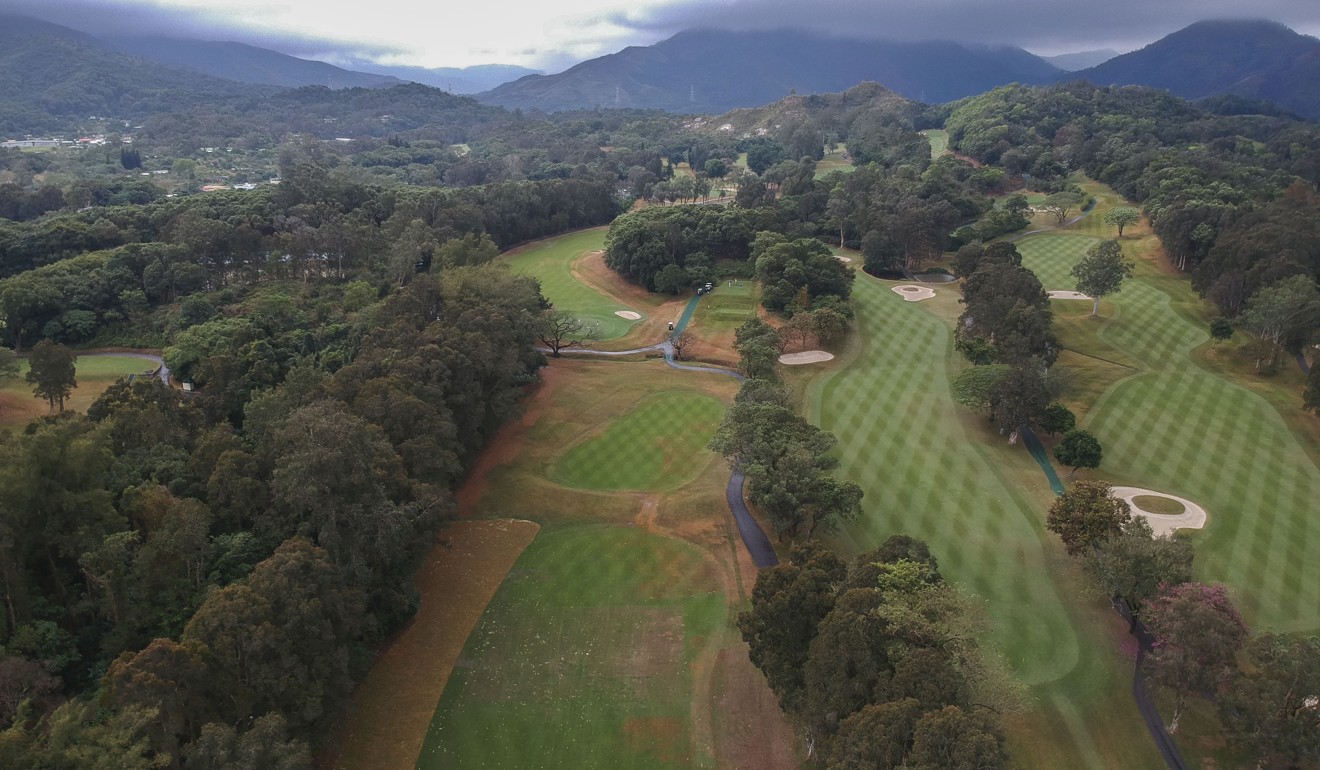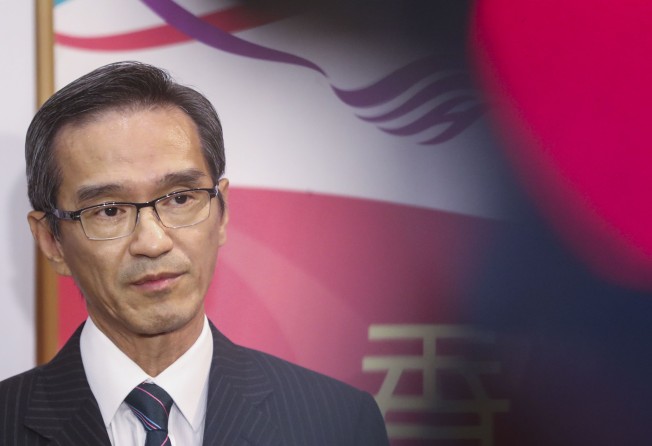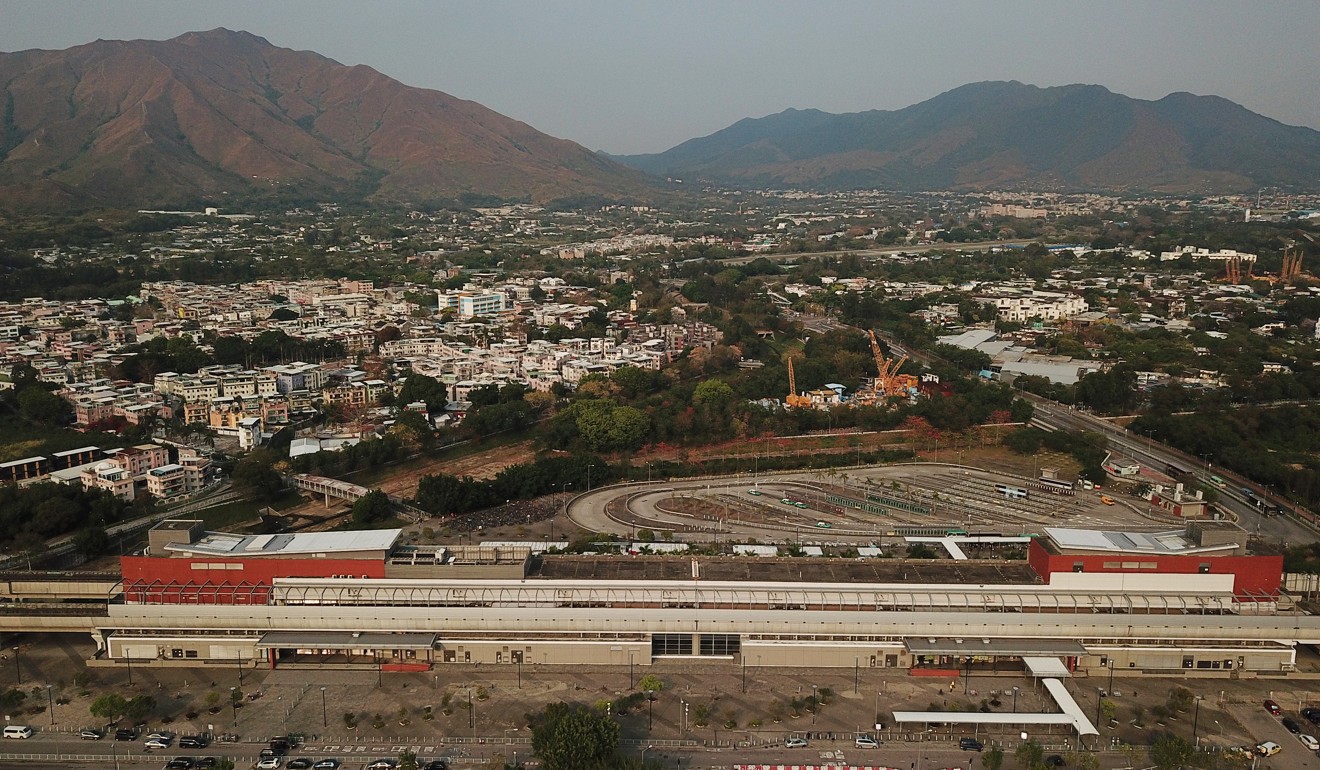
Results of Hong Kong land supply surveys under fire even before a question is asked
Polling experts say the methods to be used for gauging public opinion on 18 controversial land options have flaws and that they have better ideas

Surveys to gauge the Hong Kong public’s views on controversial land supply options have been called into question – even before a single person is quizzed.
Social scientists said on Wednesday the two polling methods planned have their flaws and will not provide an accurate measure of public opinion.
As part of a five-month consultation, people will be invited by the government’s land supply task force to choose from 18 contentious land options later this month for building more homes and driving the economy over the next three decades. Highlighting the dire need for housing, the number of applicants for the Housing Authority’s subsidised flats hit a record high of 145,000.

Among the land options that have touched a nerve with various interest groups are reclamation and developing the exclusive Fanling golf course, brownfield sites and the outer edges of country parks.
Apart from collecting written submissions from the public, two surveys will be carried out, an online one and street interviews at 40 rolling exhibition booths set up in Hong Kong’s 18 districts, task force chairman Stanley Wong Yuen-fai told the Post.
The online survey will be available on the consultation website and those who want to give their views will be asked to pick their preferred options on how to fix a shortage of at least 1,200 hectares of land to cover housing and economic needs in the next 30 years.
At the street booths, staff will explain the pros and cons of each option to passers-by and ask them to pick proposals they deem more feasible. Wong said about 8,000 questionnaires could be completed if each booth interviewed about 200 people successfully, and that the results would be analysed by the University of Hong Kong.
But Chung Kim-wah, assistant professor of social policy at Polytechnic University, said the government should not regard the results of these surveys as a “reflection of public opinion”.
“Results from these two polling methods are obviously not as accurate and generalisable as those from random sampling,” Chung said, adding that the government should only take them as reference only.
Online surveys usually attract people “with strong opinions or who are mobilised by someone else”, and street interviewers tend to “choose a passer-by who looks easy-going” instead of strictly following random sampling rules, he said.
“A simple way to learn about public opinion is to commission a professional organisation, for example a university, to conduct a territory-wide poll. There should be enough time to do it by phone before the task force submits its report,” Chung said.

Dr Victor Zheng Wan-tai, coordinator of the Telephone Survey Research Lab at Chinese University, said the two surveying methods planned by the government “have great shortcomings”.
He added: “I doubt if the results of these surveys can reflect the opinions of the general population. For example, people without access to the internet, say the elderly, are unlikely to be sampled in the online polling.”
He proposed visiting households selected through random sampling although it would be expensive and time-consuming. A random phone survey, which could reach some 70 to 80 per cent of local households through landlines, was also feasible, he said.
In response to the criticisms, Wong said the task force would consider carrying out a random phone survey on top of the online and street surveys.
“The task force discussed the possibility of a phone survey previously but we were told it would take about 20 minutes to complete it on 18 land options. Some may just hang up the phone before answering all the questions,” he said.
“Street surveys in 18 districts will cover people from all walks of life, even if some interest groups may mobilise their members to participate in the survey.”
Professor John Bacon-Shone, director of the Social Sciences Research Centre at the University of Hong Kong, was asked by the task force to gauge which proposals had more public support. He declined to comment on the consultation.
Additional reporting by Shirley Zhao